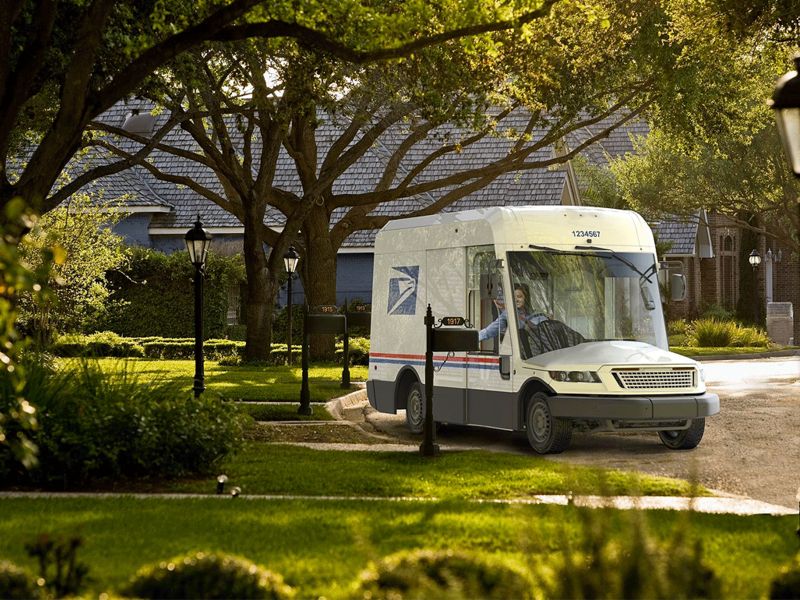
WASHINGTON — The U.S. Postal Service said on Tuesday it will award a multibillion-dollar, 10-year contract to Oshkosh Defense to manufacture a new generation of postal delivery vehicles.
Under the initial $482 million investment, Oshkosh Defense, a unit of Oshkosh Corp, will finalize the production design, testing and vehicle tooling necessary prior to vehicle production.
The contract, which could be worth more than $6 billion in total, allows for delivery of between 50,000 to 165,000 of the vehicles over 10 years that will be a mix of internal combustion-powered and battery-electric vehicles. Oshkosh had teamed up with Ford Motor Co. on its proposal based on a Transit van.
Current USPS delivery vehicles are nearly 30 years old on average. An audit report last year said USPS spent $5,000 alone per delivery vehicle annually on maintenance costs.
Oshkosh shares rose about 6.1 percent to $109.62 on the news.
USPS, which began planning to replace the current fleet in 2015, said the new vehicles could be retrofitted later with “electric vehicle technologies.”
The USPS fleet has more than 230,000 vehicles, including 190,000 that deliver mail.
New USPS vehicles will begin deliveries in late 2023 and include air conditioning and heating, improved ergonomics, and advanced vehicle safety technology including airbags and 360-degree cameras. They will be able to carry more cargo and better accommodate higher package volumes.
Last month, President Joe Biden vowed to replace the U.S. government’s fleet of roughly 650,000 vehicles with electric models. The White House did not respond to a request for comment on the USPS contract decision.
Meanwhile, shares in EV maker Workhorse Group Inc. plunged on Tuesday, triggering multiple trading halts, after the company lost the Postal contract that some had expected it to win.
The missed opportunity came as a big blow for Workhorse investors, sending the shares 48 percent lower in New York, the steepest decline since October 2011. Workhorse didn’t immediately reply to requests for comment.
Colliers Securities analyst Michael Shlisky said Workhorse’s loss of the contract is “really bad news for recent Workhorse investors.”
Bloomberg contributed to this report.

